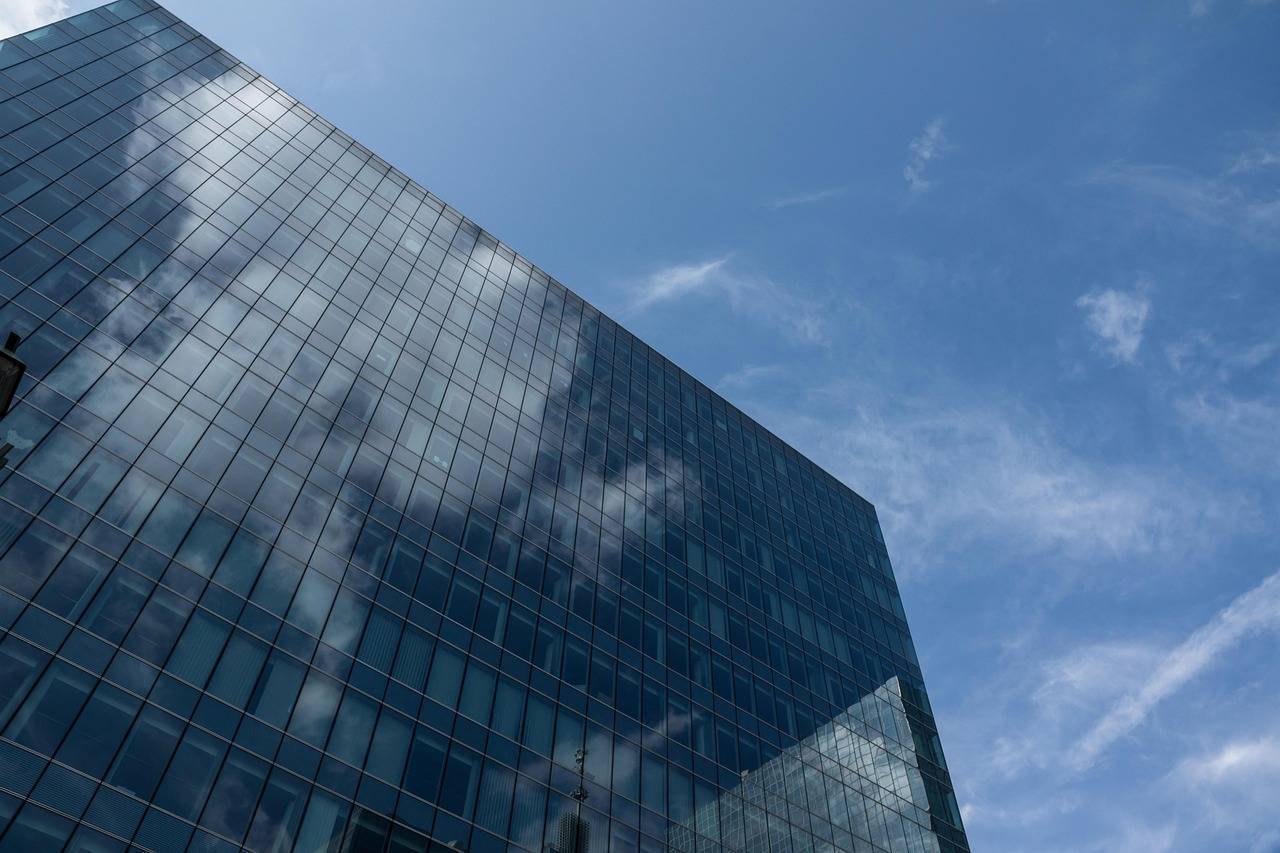Dubai’s real estate sector continues its stunning upward trajectory, registering its strongest-ever half-year performance in 2025. Between January and June alone, the city recorded over AED 431 billion ($117 billion) in real estate transactions, a 25% year-on-year growth, cementing Dubai's place as one of the world's most dynamic property markets.
The surge is far more than a statistical anomaly , it represents the maturation of a global investment hub driven by bold government policies, growing domestic participation, and unprecedented investor confidence.
According to the Dubai Land Department (DLD), the city recorded over 125,000 real estate transactions in H1 2025, a sharp jump from 99,947 transactions in the same period last year. Additionally, more than 1.3 million real estate-related procedures were processed, including leases, renewals, and registrations, pointing to deep liquidity and a bustling property ecosystem.
Investment value soared, reaching AED 431 billion compared to AED 345 billion ($94 billion) in H1 2024. The volume of real estate investments rose by 39%, totaling AED 326 billion ($88.8 billion), spread across 118,132 investment deals.
A significant trend emerged with 59,075 new investors entering the market, a 22% rise, contributing a combined AED 157 billion ($42.8 billion). Interestingly, nearly 45% of these first-time investors were UAE residents, indicating the success of local homeownership policies and a shift from renting to owning.
Policy, Planning, and Incentives: Dubai’s Growth Engine
Dubai’s real estate success is tightly linked to strategic policy frameworks, including the Dubai Economic Agenda (D33) and the Dubai Real Estate Strategy 2033. These long-term plans seek to position Dubai among the top three global economic cities and ensure the property sector remains a resilient pillar of national growth.
A key initiative, the First Time Home Buyer Program, has been instrumental in boosting local demand. This program offers incentives like early access to new developments, discounted pricing, flexible payment plans, and low-interest mortgages. UAE citizens enjoy further advantages through customized support, ensuring broad-based access to property ownership.
In tandem, the digitization of real estate services, streamlined regulations, and improved investor protections have enhanced transparency and efficiency, drawing both institutional and retail investors seeking stable, high-return assets.
Diverse Capital Inflows: Who’s Investing?
Dubai’s real estate surge is being powered by an increasingly diverse investor base. In H1 2025, foreign investors accounted for AED 228.35 billion ($62.2 billion) in deals. Meanwhile, non-GCC Arab nationals contributed over AED 28.4 billion ($7.7 billion) and GCC citizens added AED 22.56 billion ($6.15 billion).
Another powerful trend is the rising participation of women investors. Over 30,487 female investors completed 34,792 transactions worth AED 73.2 billion ($19.9 billion), reflecting a cultural shift toward gender-inclusive wealth generation.
This increasingly varied investor demographic includes global capital, regional players, first-time homebuyers, and high-net-worth individuals , all drawn to Dubai’s secure legal framework, lifestyle appeal, and investment potential.
Where the Money’s Going: Top Investment Zones
Dubai’s real estate map in H1 2025 shows widespread activity, but certain districts are leading both in transaction volume and investment value.
- Al Barsha South Fourth topped the charts with 10,469 transactions
- Al Yalayis 1 followed with 7,595 transactions
- Wadi Al Safa 5 recorded 7,178 transactions
When it comes to deal value, luxury zones dominated:
- Dubai Marina: AED 25.1 billion ($6.83 billion)
- Business Bay: AED 22.5 billion ($6.12 billion)
- Burj Khalifa District: AED 17.1 billion ($4.65 billion)
- Palm Jumeirah: AED 16.96 billion ($4.61 billion)
Other emerging hotspots included Meaisem Second, Airport City, Mohammed Bin Rashid Gardens, and Wadi Al Safa 5, each crossing the AED 14 billion ($3.8 billion) mark.
These figures reflect a balanced market — blending upscale, mid-segment, and urban developments — all contributing to the overall investment boom.
Sustainable Growth in Focus
Dubai’s real estate expansion is not just about record-breaking numbers, but about laying the foundation for long-term, inclusive, and sustainable development. Under the D33 and Real Estate Strategy 2033 frameworks, the focus is gradually shifting toward, Affordable housing development, Sustainable construction standards and Smart infrastructure and digital integration
The Dubai Land Department is also enhancing data transparency and automated services to further reduce friction in buying, selling, and leasing property. As global geopolitical uncertainty mounts, Dubai is positioning itself as a stable, high-yield market , with the perfect blend of opportunity, regulation, and security.
The first half of 2025 has cemented Dubai’s status as a global real estate powerhouse. With $117 billion in deals, rising investor confidence, and bold planning driving momentum, the emirate's property sector shows no signs of slowing down. As both international capital and domestic ownership deepen their roots in Dubai, the city’s real estate boom may well become a model of sustainable, policy-driven success for others to follow.









.png)